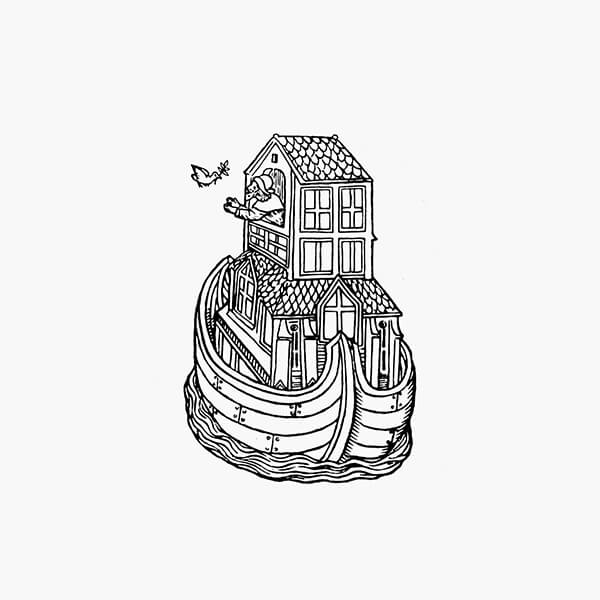

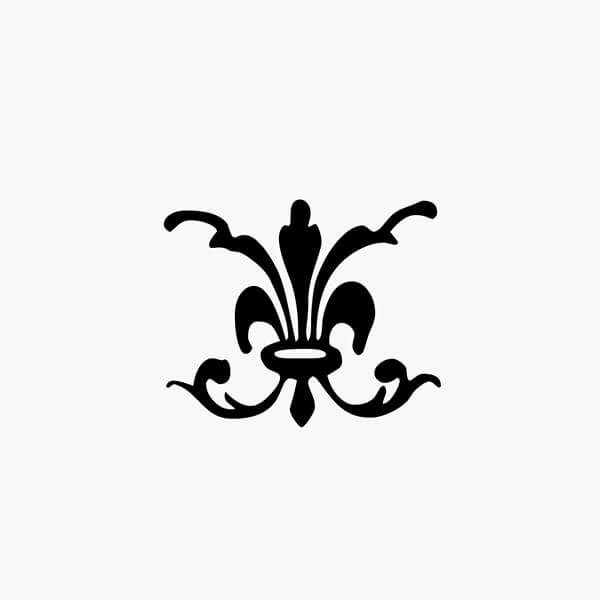
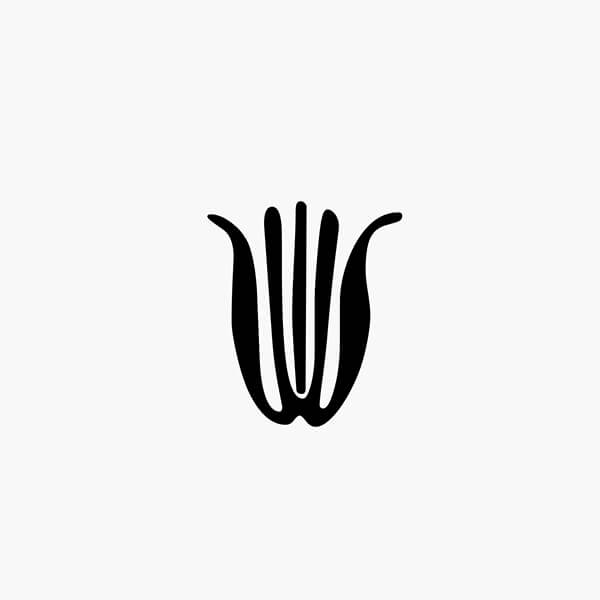
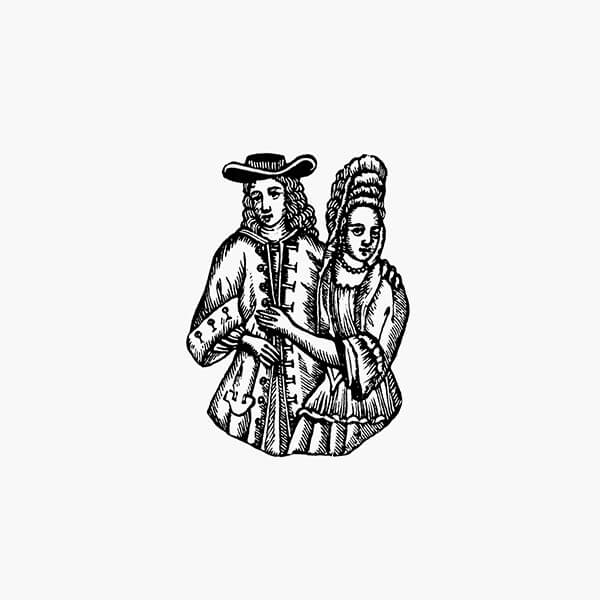



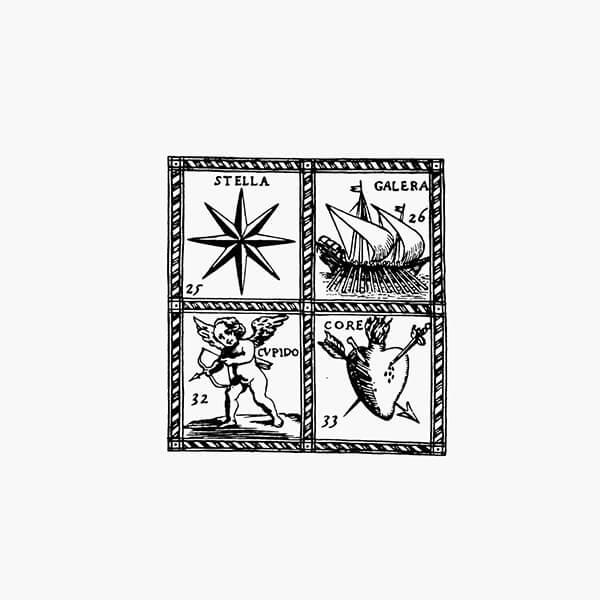
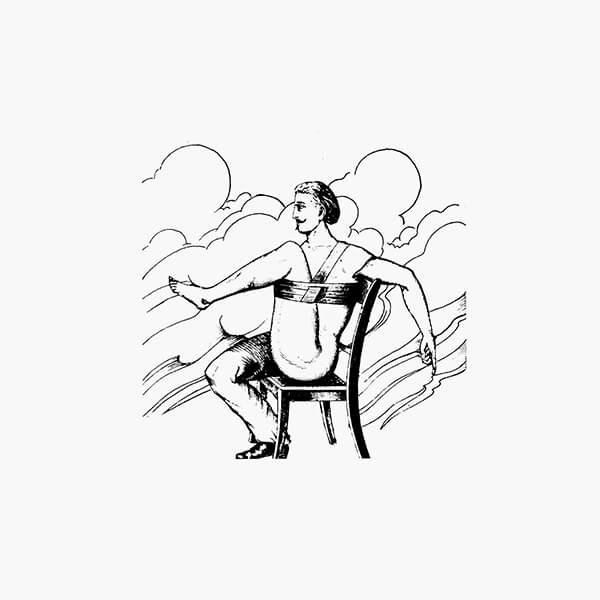


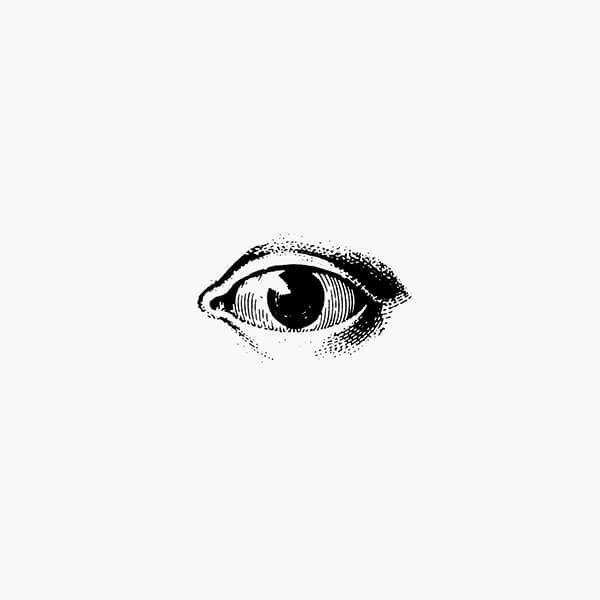


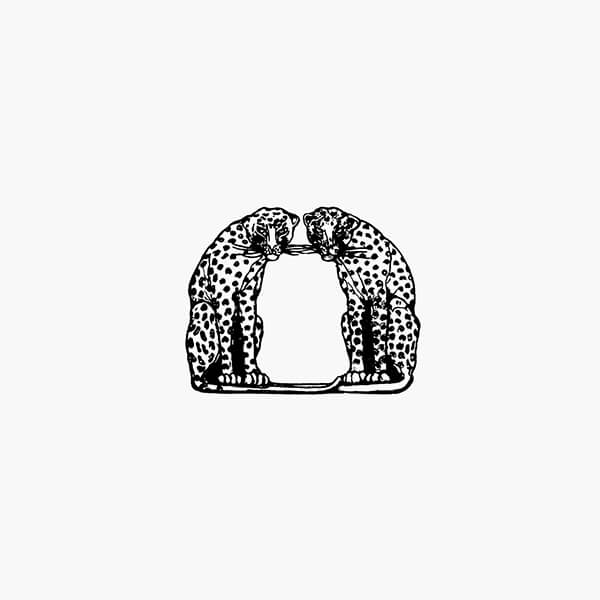


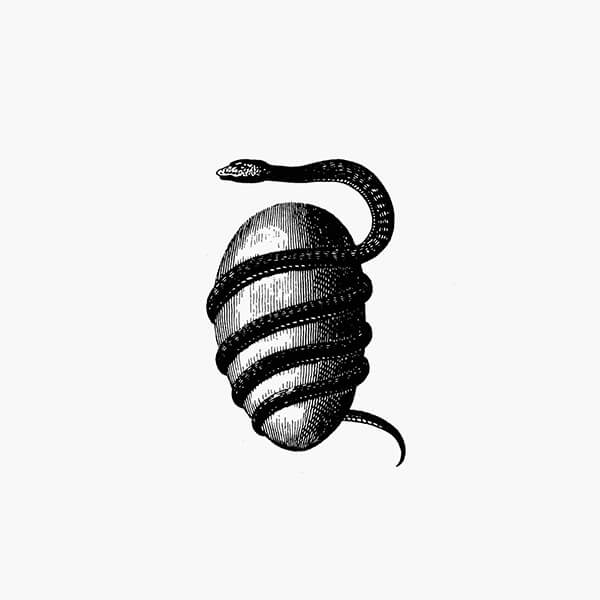
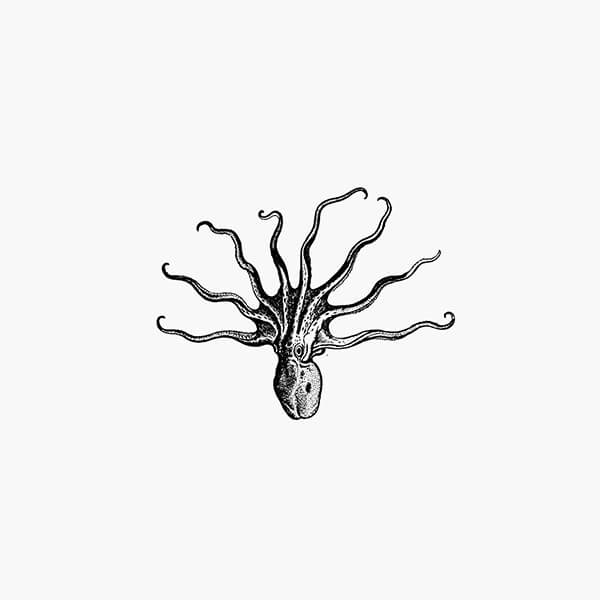
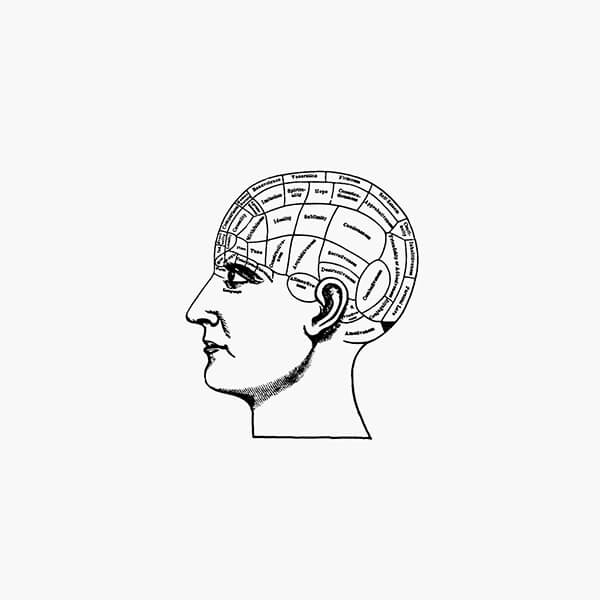

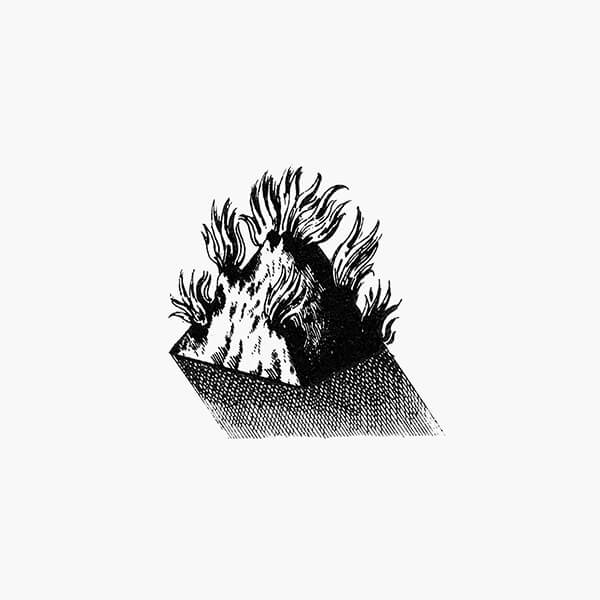





Mirabilia
9474 La Lupa di Roma
Text by Claudio Parisi Presicce
2011 / 96 PAGES.
Language: Italian; English
The myth of the She-wolf, one of the most famous symbols of Rome, is presented in this publication through essays that study the influence it has exerted in art history, literature and our collective imagination.
‘No ancient legend has ever achieved the fame of the she-wolf suckling twins. For modern man, the miraculous episode of the finding of Romulus and Remus by a she-wolf, while not central to the overall narrative of the foundation of Rome, represents the initial moment in the city’s history.’Thus opens the first essay in this volume, which investigates the origins of the myth of the she-wolf starting from the most ancient testimonies, some of which are offered individually in a section dedicated to the sources. A central role within the artistic path of the iconography of the she-wolf was played by the Capitoline Wolf the subject of an in-depth historical-stylistic analysis in the second essay. The following essays offer the reader an overview of the influence this work exerted in the centuries to follow, proposing examples of works of art in which the iconography of the she-wolf can be found: these include sculptures, paintings, ceramics, gems, reliefs, military insignia, altars, but also objects of everyday use, funerary monuments and coins. But it is not only the field of the figurative arts that devotes ample space to the theme: the image of the she-wolf also appears in various literary texts, with different meanings as illustrated in the final essay of the volume.